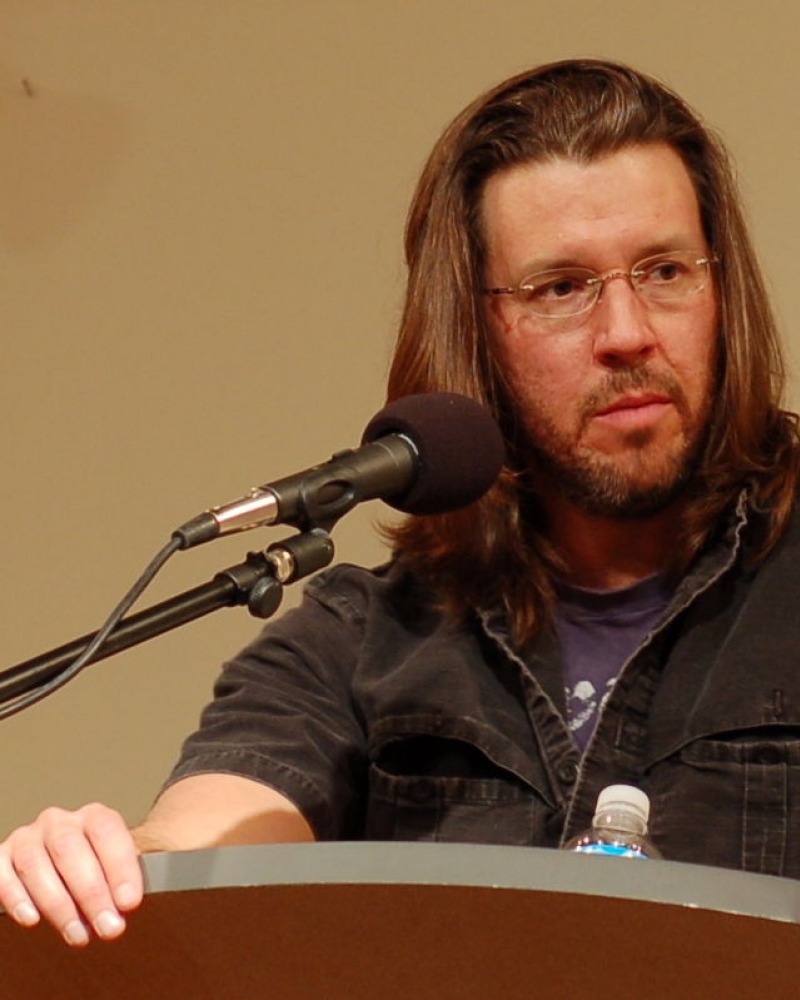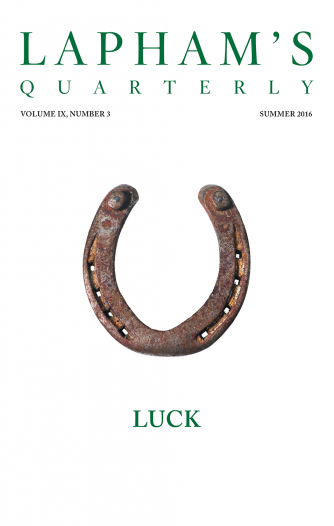
Friedrich Schiller
“On the Use of the Chorus in Tragedy,”
1803
“On the Use of the Chorus in Tragedy,”
The assertion so commonly made, that the public degrades art, is not well founded. It is the artist that brings the public to the level of his own conceptions, and in every age in which art has gone to decay, it has fallen through its professors. The people need feeling alone, and feeling they possess. They take their station before the curtain with an unvoiced longing, with a multifarious capacity. They bring with them an aptitude for what is highest—they derive the greatest pleasure from what is judicious and true; and if, with these powers of appreciation, they begin to be satisfied with inferior productions, still, if they have once tasted what is excellent, they will in the end insist on having it supplied to them.
It is sometimes objected that the poet may labor according to an ideal—that the critic may judge from ideas, but that mere executive art is subject to contingencies and depends for effect on the occasion. Managers will be obstinate; actors are bent on display—the audience is inattentive and unruly. Their object is relaxation, and they are disappointed if mental exertion be required, when they expected only amusement. But if the theater be made instrumental toward higher objects, the pleasure of the spectator will not be increased but ennobled. It will be a diversion, but a poetical one. All art is dedicated to pleasure, and there can be no higher and worthier end than to make men happy. The true art is that which provides the highest degree of pleasure, and this consists in the abandonment of the spirit to the free play of all its faculties.





